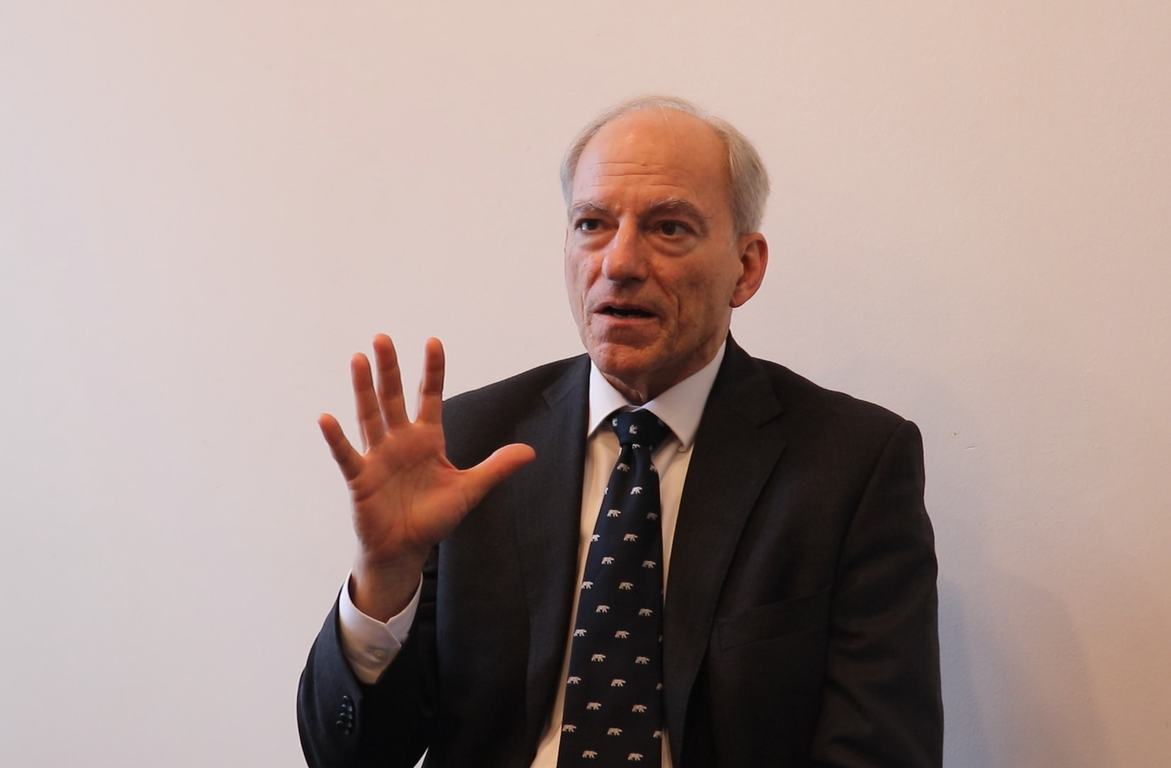It is impossible to separate the history of evidence-based public security from the professional trajectory of criminologist Lawrence Sherman. With more than four decades of experience in the field, Sherman has made dozens of important discoveries in the area, and has collaborated with over 30 police and judicial agencies around the world.
Considered the main founder of the field of experimental criminology, Sherman was the coordinator of the Maryland Report in 1997, at the request of the US Congress, which comprised the largest systematic review to date, and gave birth to the Maryland scale, used to measure the rigor of scientific studies.
Since beginning his career as an analyst with the New York Police Department, Sherman has designed and led projects and experiments with more than 30 police agencies on four continents, and trained more than 2,000 police officers and analysts in evidence-based policing. A former president of the American Society of Criminology, he was elected Honorary President of the Evidence-Based Policing Society in the UK in 2010.
In October 2022, Sherman joined the London Metropolitan Police, where he serves as scientific director and as an advisor to the board of directors. In these positions, he is responsible for providing independent and expert advice on science, technology, and research methods, with a view to informing the police decision-making process with rigorous evidence.
In this interview for the the Evidence-Based Platform, Lawrence Sherman recalls key moments in his career, from its beginnings to present day, as well as his quest to improve the performance of the police agencies through the training "pracademics", police chiefs and other law enforcement officials who carry out their own experiments.
